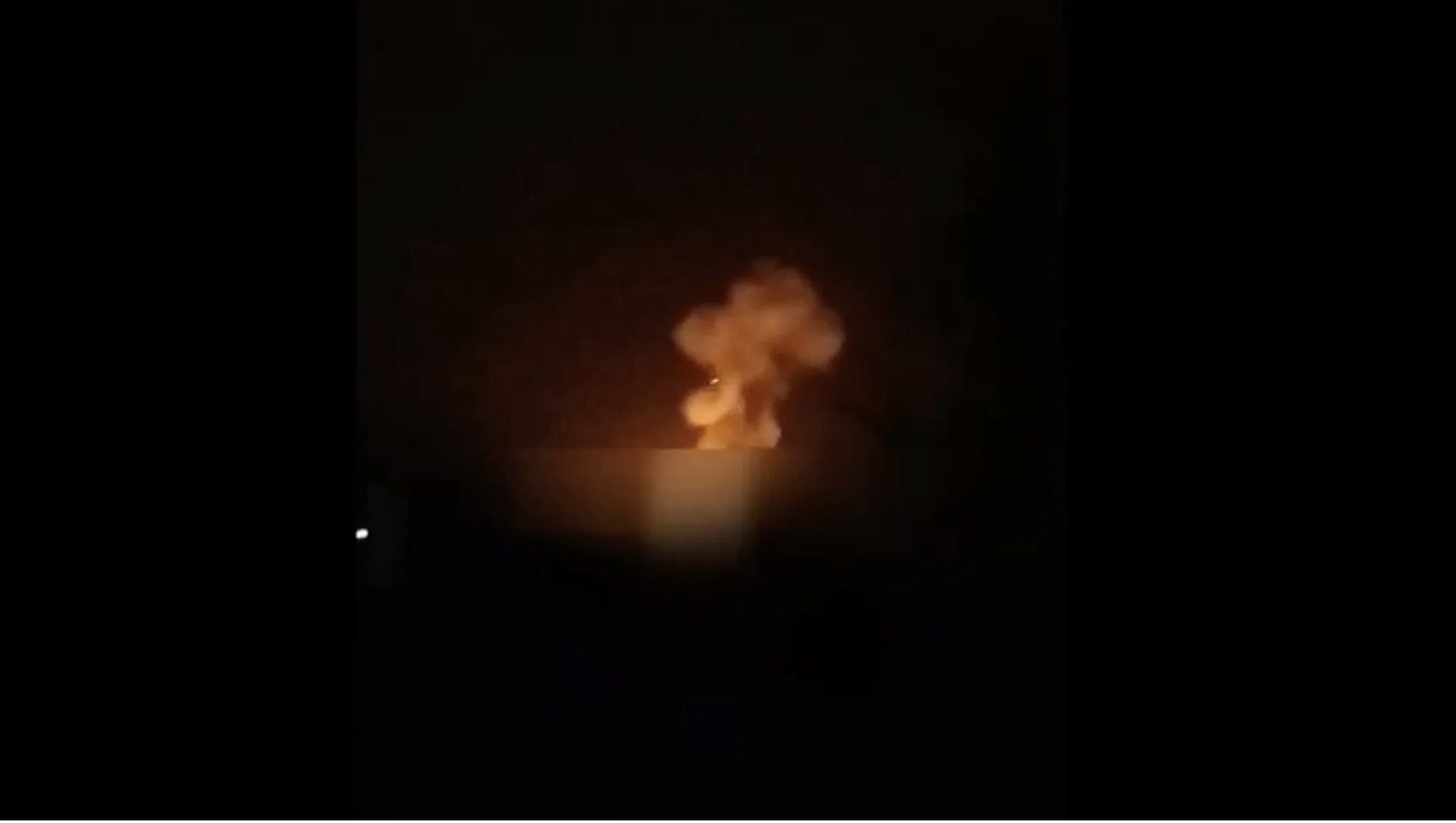Ukraine’s Main Intelligence Directorate conducted a nighttime attack on an underground explosives warehouse at the Aleksinsky Chemical Plant in Russia’s Tula Oblast on 30 August, according to various reports of Ukrainian news agencies.
Since Russia’s full-scale invasion began, Russian regions and occupied territories have regularly experienced drone attacks as Ukraine emphasizes its work to weaken Russian army rear bases and reduce the aggressor’s offensive potential.
The targeted facility stored pyroxylin powder, a smokeless powder used in small arms ammunition, artillery systems, and certain rocket engines, according to Hromadske.
Residents of Aleksin in Tula Oblast, located over 1000 km (621 miles) from Ukraine, reported hearing loud explosions before emergency services dispatched fire trucks and ambulances to the scene.
The regional governor confirmed “drone debris falling on the territory of an industrial enterprise” but stated there were no casualties or damage at the site.
However, the emergency response and reported explosions suggest the operation achieved its intended impact on the military supply facility.
The Aleksinsky Chemical Plant represents a repeat target for Ukrainian forces, having previously sustained attacks in January 2025. This pattern reflects Ukraine’s sustained campaign against Russian military supply infrastructure.
Oil refineries targeted on the same night
The 30 August chemical plant strike occurred alongside Ukrainian attacks on two Russian oil refineries the same night. Ukrainian defense forces targeted the Krasnodar refinery in Krasnodar Krai and the Sizran refinery in Samara Oblast using unmanned aerial vehicles, according to the General Staff of Ukraine.
The Krasnodar refinery, which produces 3 million tons of light petroleum products annually and “participates in supplying the Russian Armed Forces,” sustained damage to one technological installation and a fire covering approximately 300 square meters.
The Sizran refinery processes 8.5 million tons annually and produces gasoline, diesel fuel, aviation kerosene, fuel oil, and bitumen.
Read also
-
Ukraine hits oil refineries in Krasnodar Krai and Samara Oblast – General Staff
-
Russia claims it only targets “military objects” in Ukraine. But recent Russian strike killed toddler born during war and her mom
-
Another “Triumf” fails: Ukrainian drone turns Russian air defense radar in occupied Crimea into scrap




